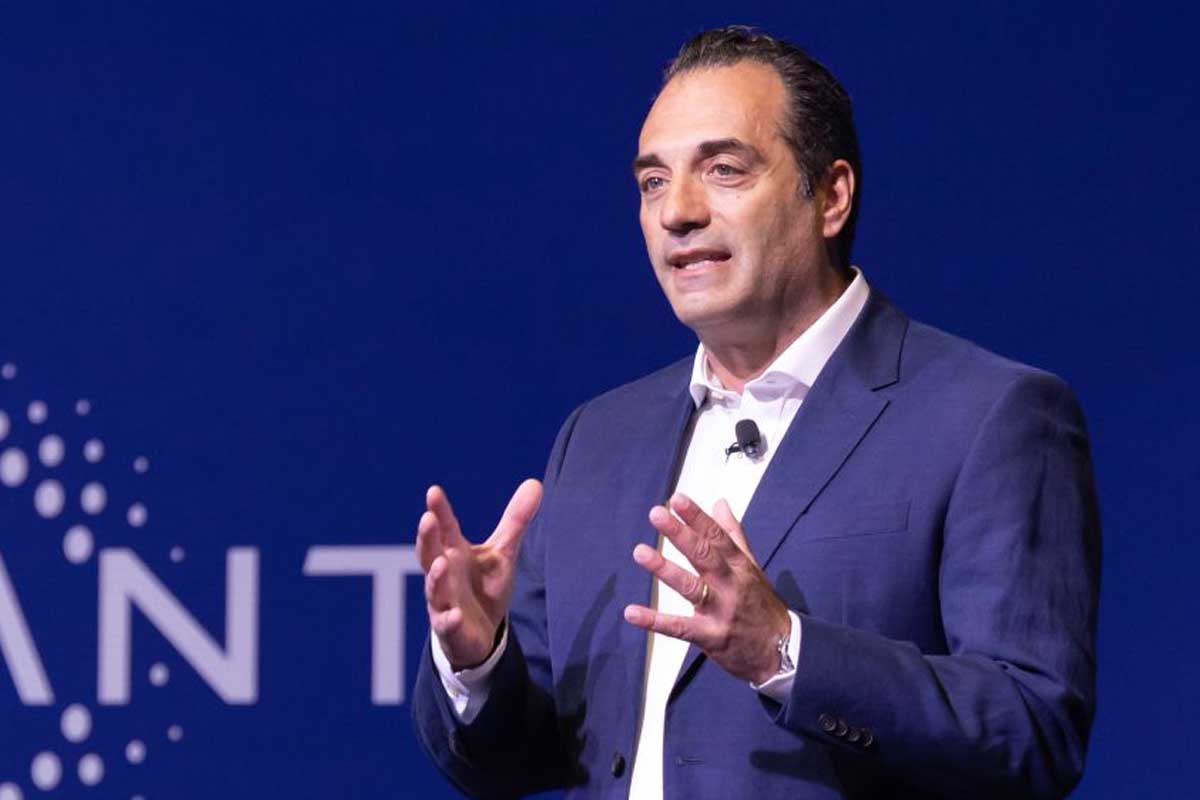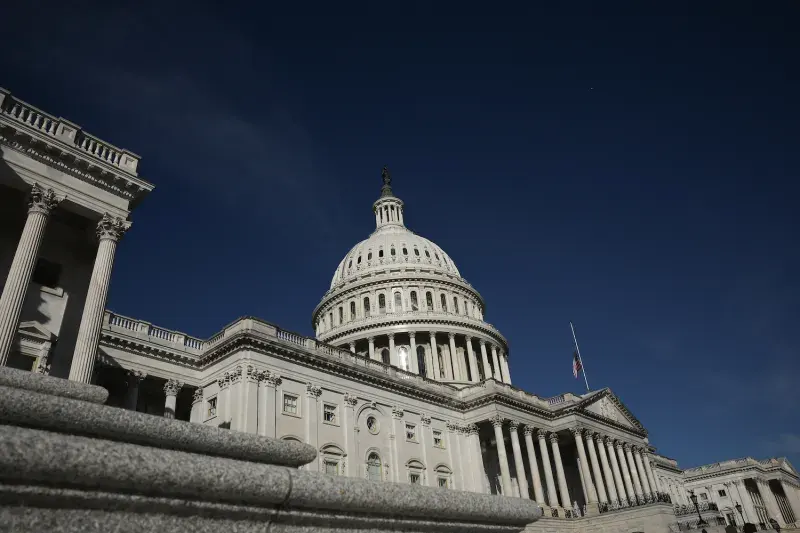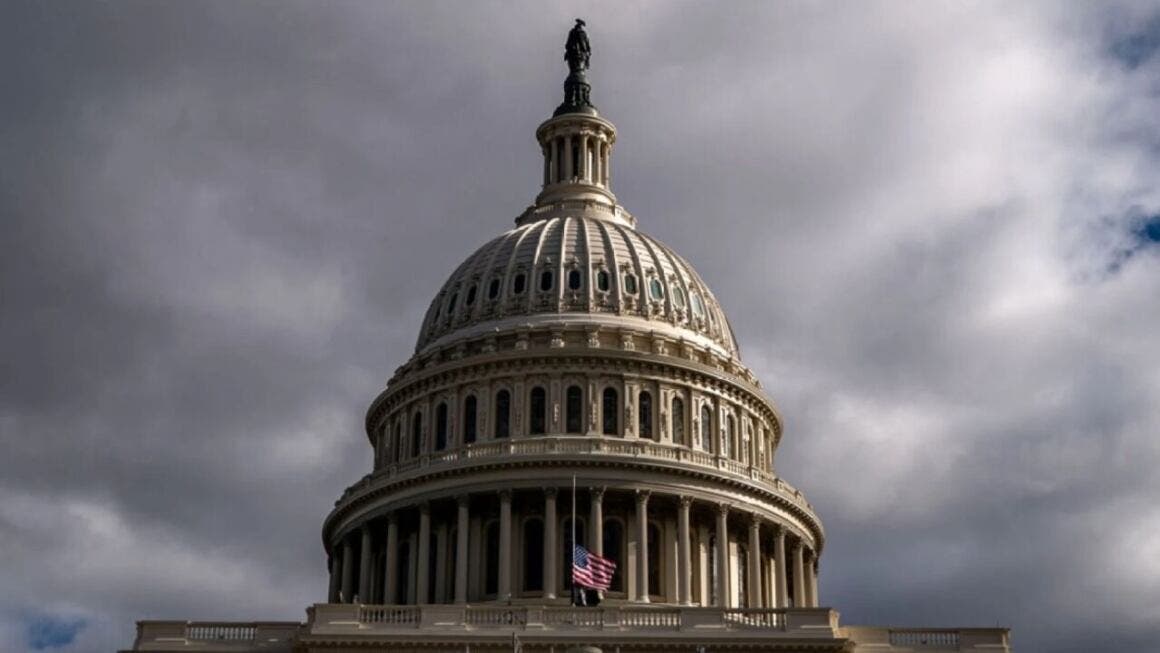In a potentially fiery display of political theater, the CEOs of the Detroit Three, Ford, General Motors and Stellantis, have been summoned to publicly testify before Congress on January 14th. This is the first time all three have faced the firing line together since the desperate bailout days of late 2008. Presiding over the drama is Senator Ted Cruz, who announced the hearing, titled “Pedal to the Policy: The Views of the American Auto Industry on the Upcoming Surface Transportation Reauthorization”.
The star-studded panel is expected to include GM’s Mary Barra and Stellantis’s Antonio Filosa, alongside Tesla’s Vice President of Vehicle Engineering, Lars Moravy. Conspicuously absent (for now) is Ford’s Jim Farley, though everyone else is currently expected to attend. The agenda is officially about fuel economy regulations and the difficult EV transition, but the underlying tone, as set by Republican committee staff, is clearly accusatory.

The meeting is framed as a crucial opportunity to examine “how radical global warming regulations and mandatory technologies have driven up the cost of vehicles for American consumers”. Senator Cruz minced no words, stating that the average price of a new car has “more than doubled in the last decade”, blaming “onerous government-imposed technologies and radical environmental regulations”.
The numbers, at least, confirm the price shock. According to Cox Automotive, the average price of a new vehicle surpassed a record $50,000 in September, a staggering leap from roughly $32,500 just ten years prior.
However, the real-world complexity is often lost in political rhetoric. Cox Executive Analyst Erin Keating points out that the price increase is a cocktail of factors. While there’s natural market inflation, today’s market is heavily skewed toward high-end vehicles and EVs, supported primarily by “wealthier households that have access to capital”. The rising average transaction price is driven less by regulations alone and more by this premium vehicle mix.

Senator Cruz, touting Republican efforts to lower costs by repealing certain EV mandates and fuel standards, contends that further government “interference” must cease to restore “competition and choice”. The January hearing promises to be a rare public opportunity for lawmakers from both sides to grill the executives of the country’s largest retail commercial sector on corporate strategy.
